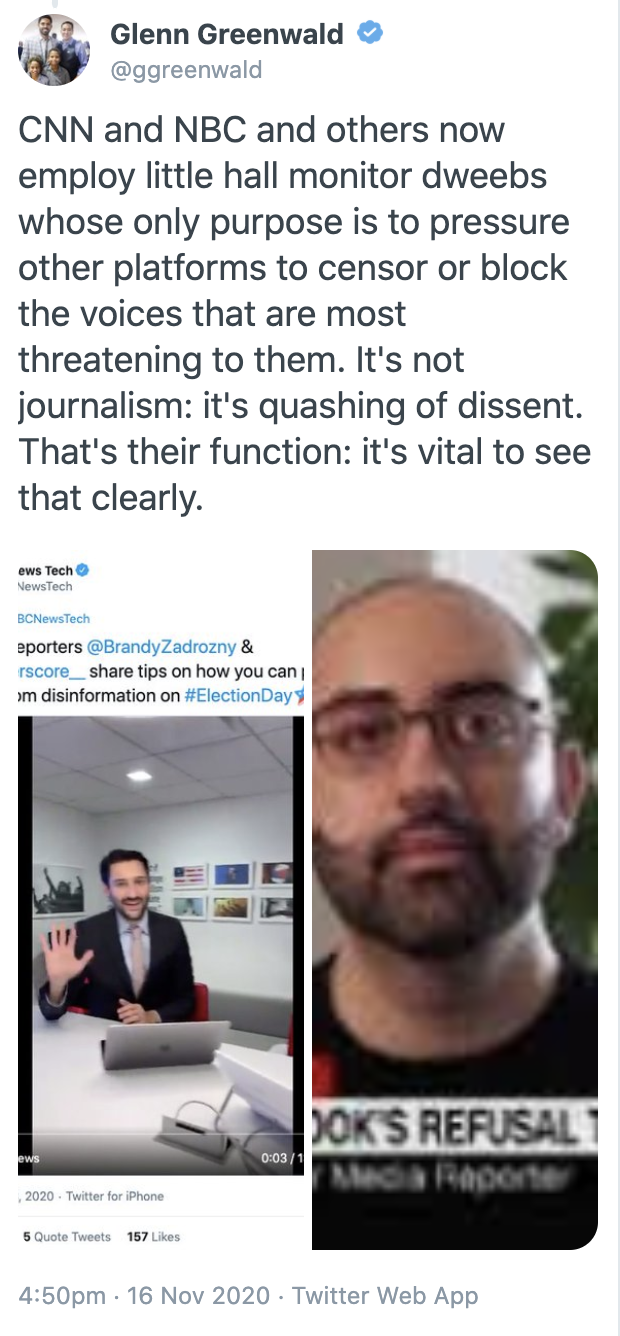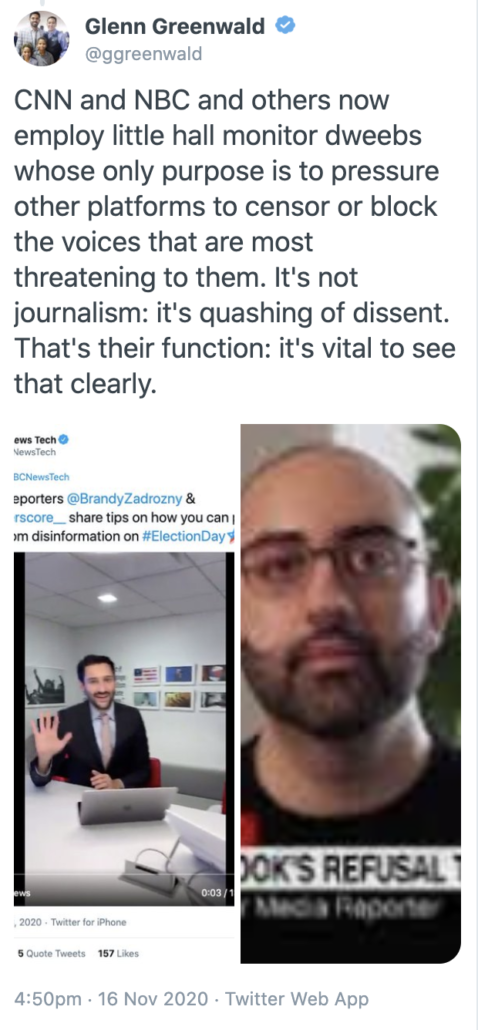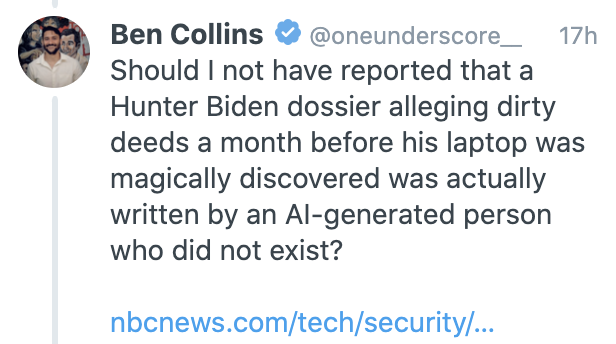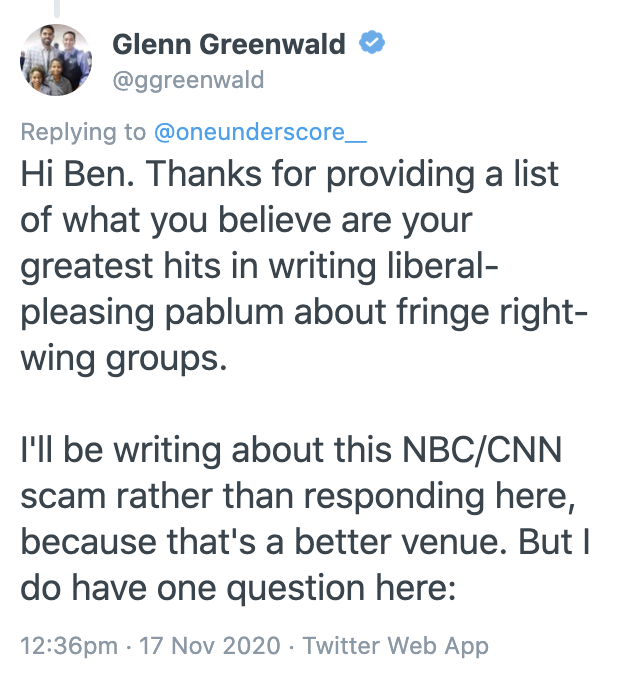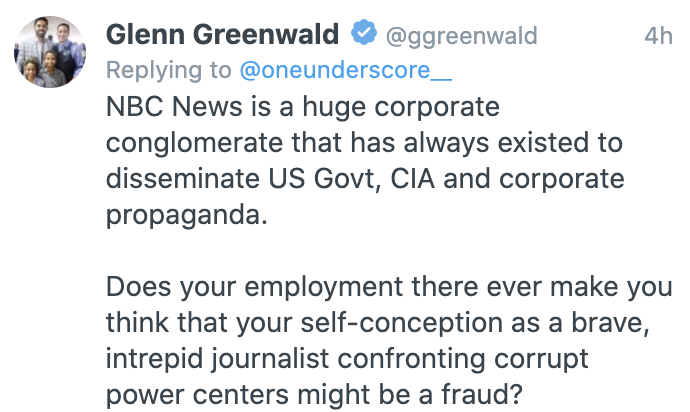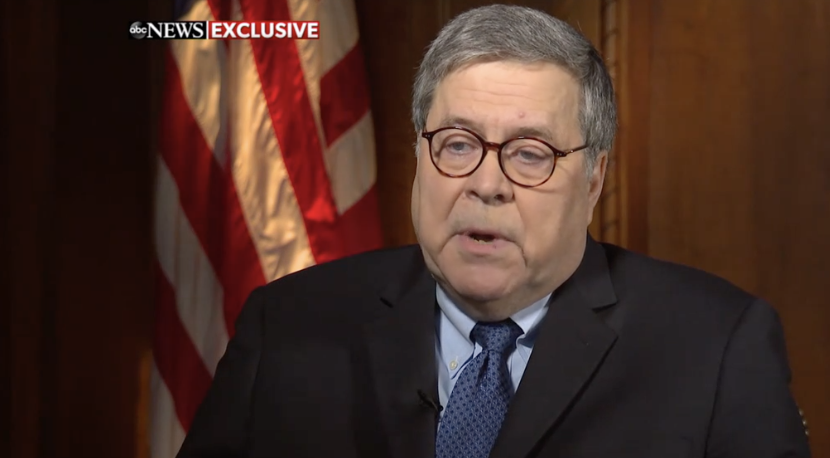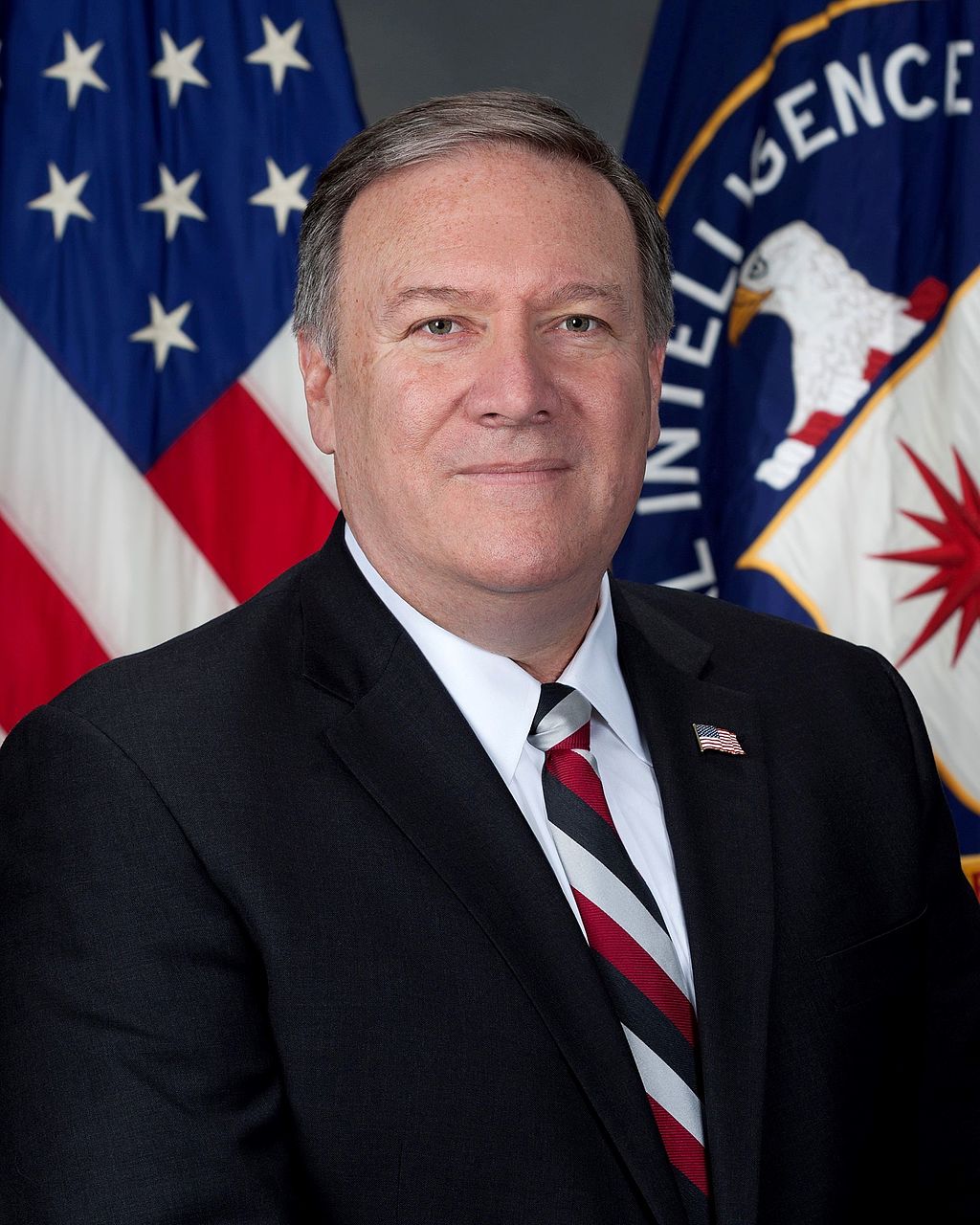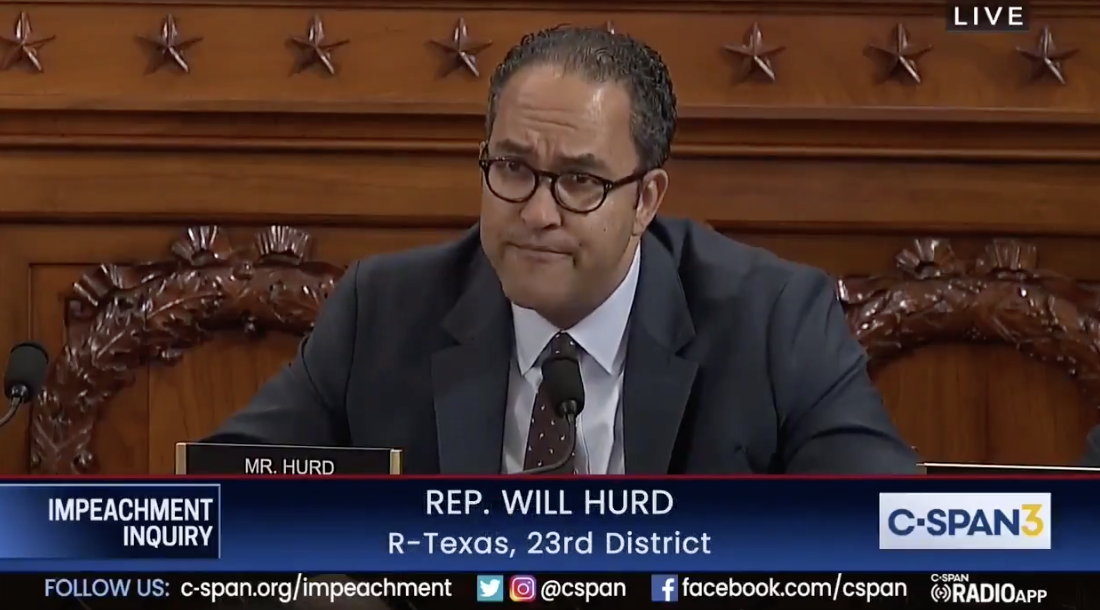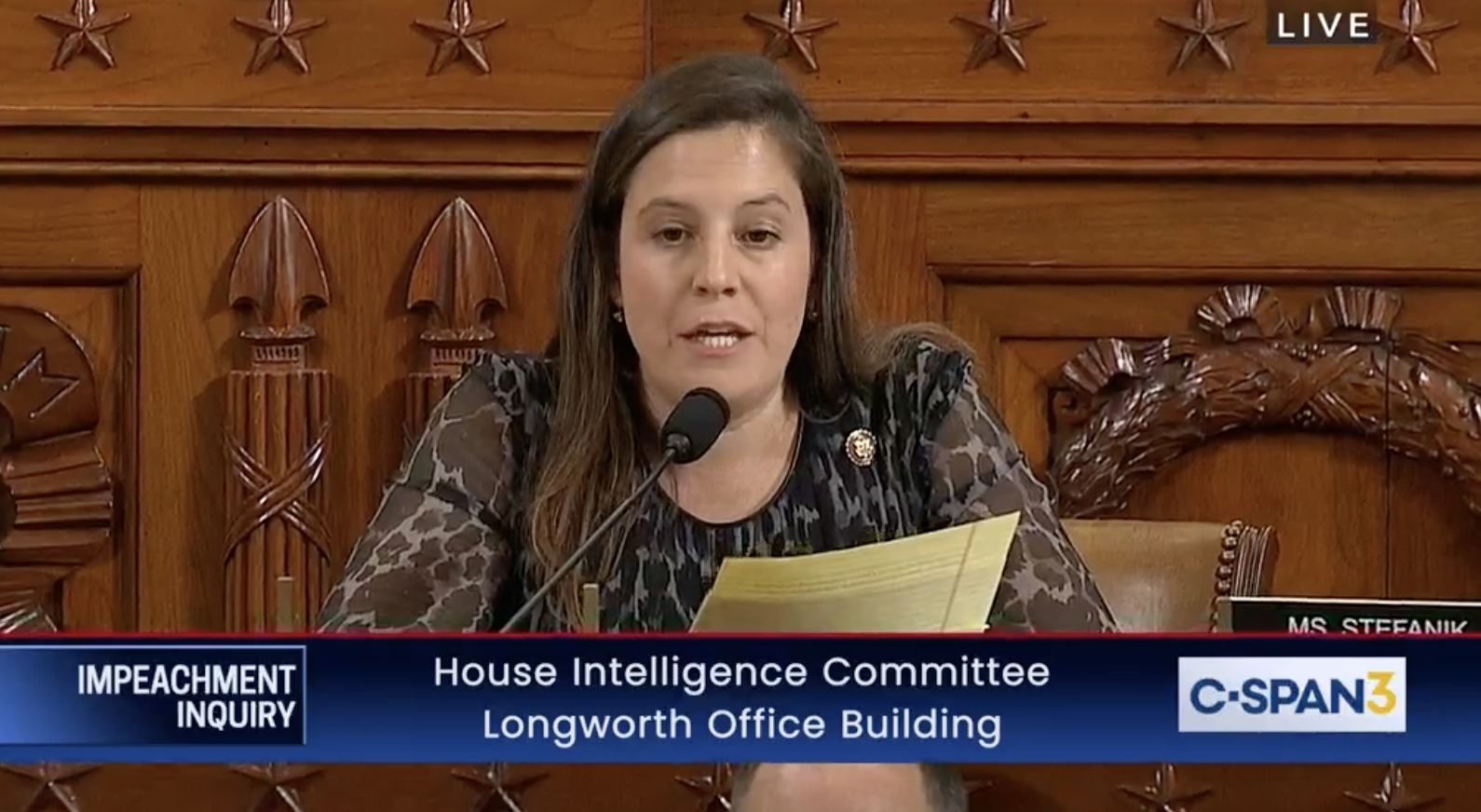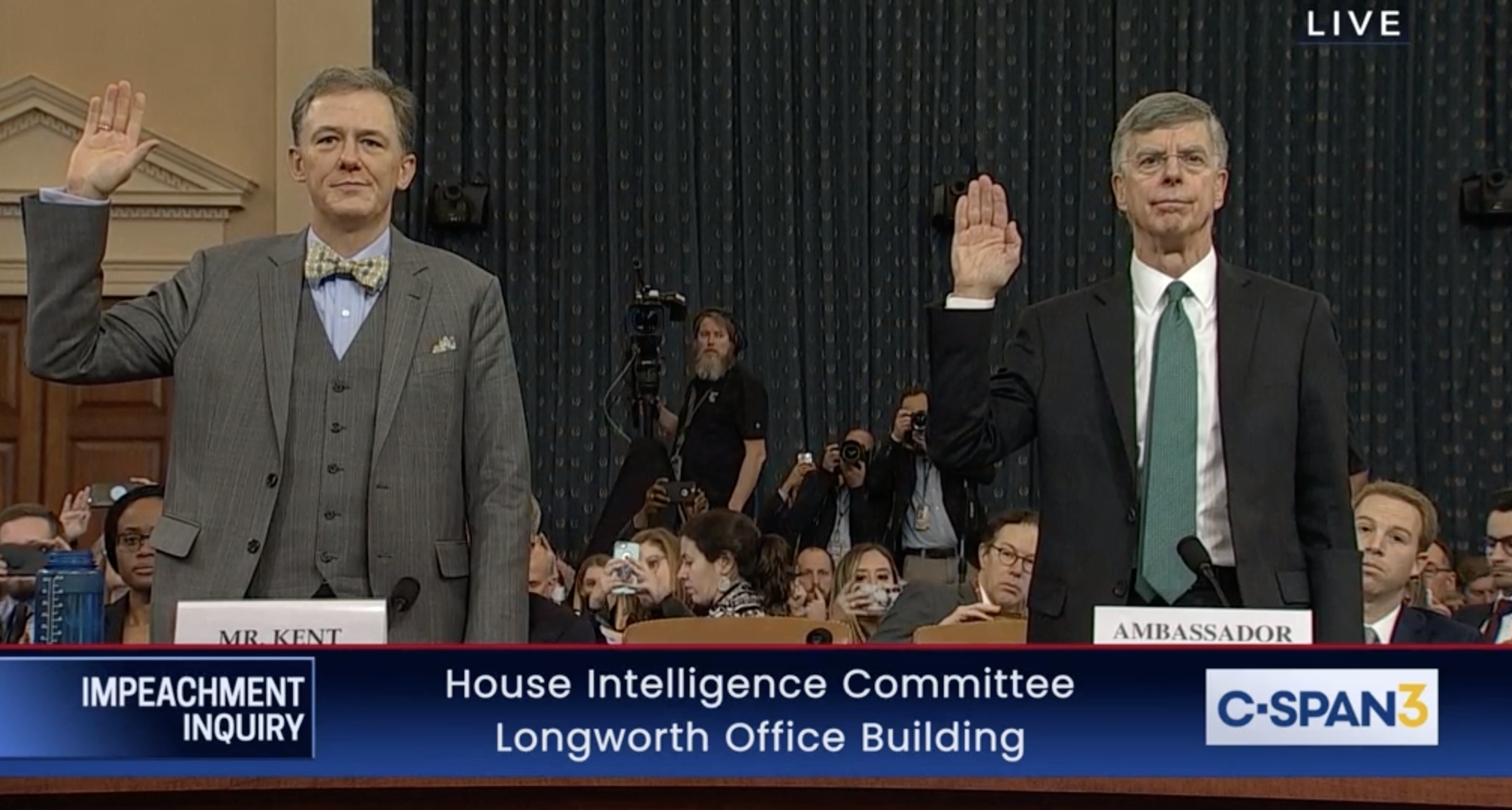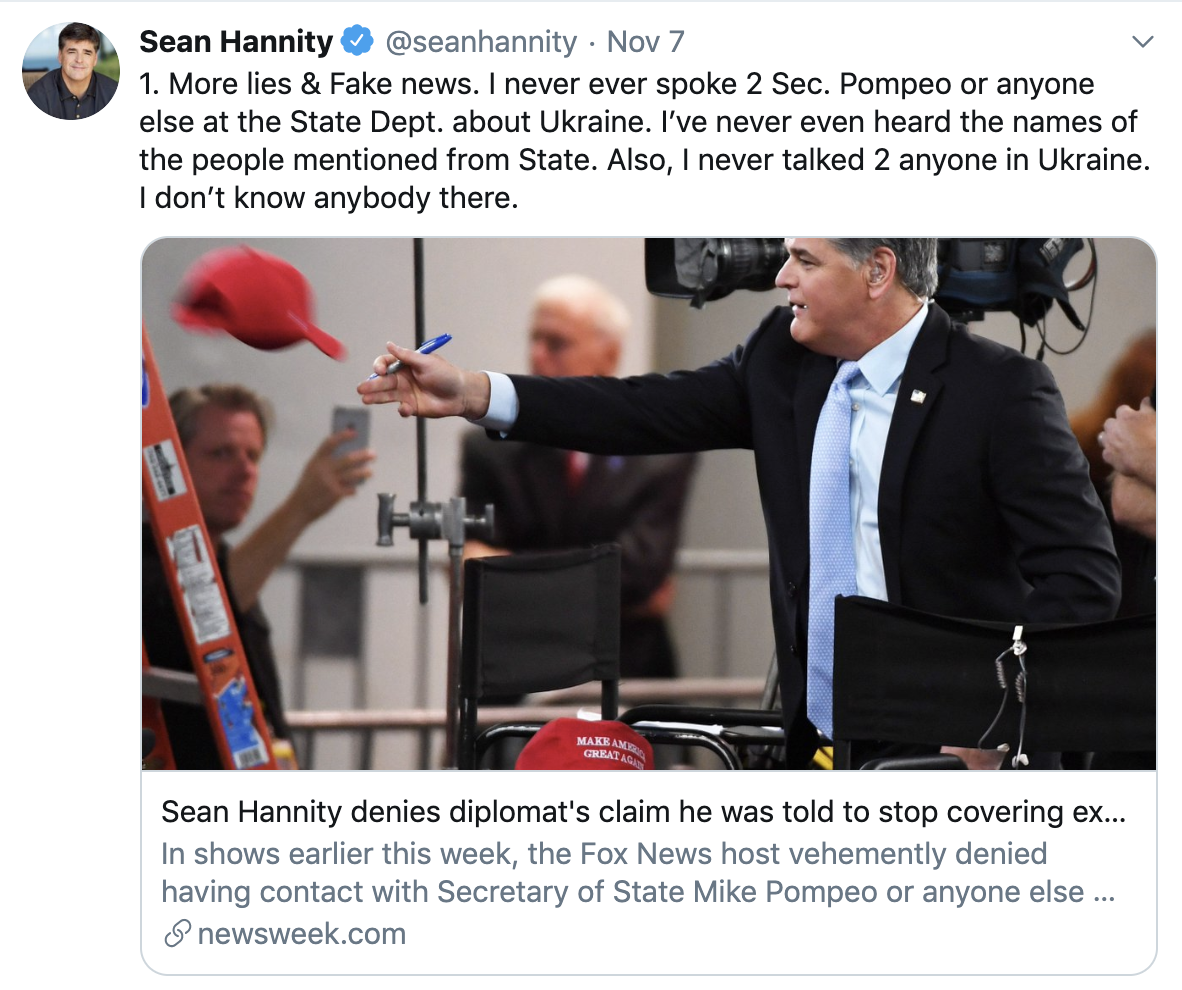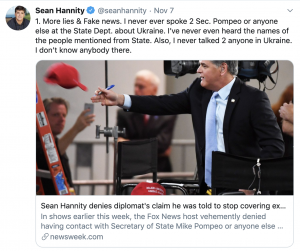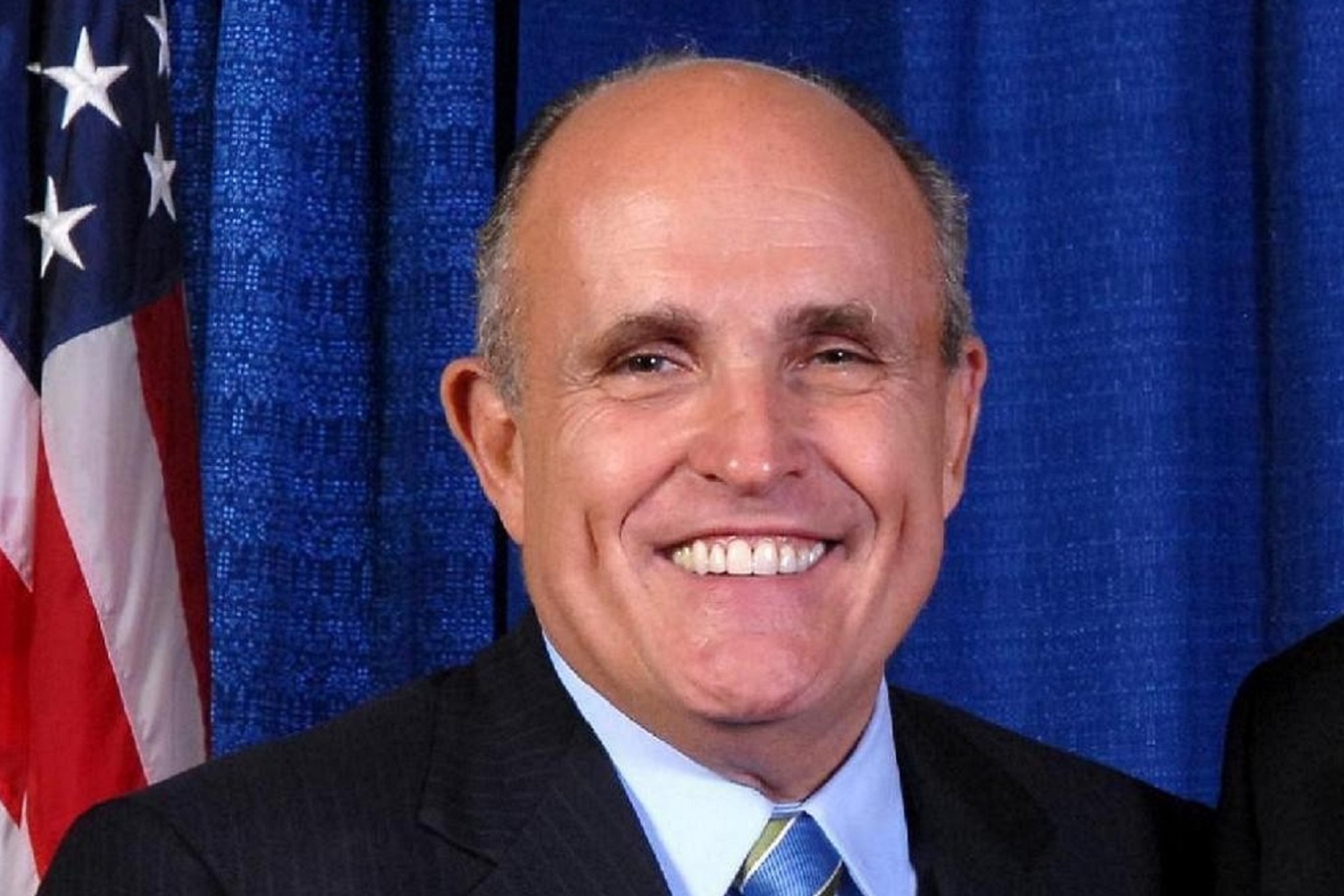And since the WSJ reported that Pete Sessions — named as Congressman 1 in the Lev Parnas/Igor Fruman indictment — was cooperating with a grand jury subpoena targeting Rudy,
A grand jury has issued a subpoena related to Manhattan federal prosecutors’ investigation into Rudy Giuliani, seeking documents from former Rep. Pete Sessions about his dealings with President Trump’s personal lawyer and associates, according to people familiar with the matter.
The subpoena seeks documents related to Mr. Giuliani’s business dealings with Ukraine and his involvement in efforts to oust the U.S. ambassador in Kyiv, as well as any interactions between Mr. Sessions, Mr. Giuliani and four men who were indicted last week on campaign-finance and conspiracy accounts, the people said.
Mr. Sessions’ knowledge of Mr. Giuliani’s dealings is a primary focus of the subpoena, the people said.
There has been a closer review of whether it would be possible to indict the President’s personal lawyer under foreign agent laws, with broad consensus that what Rudy is doing is actually covered by FARA — and not just his work for Ukraine, but also (among other places) for Turkey.
But there have been a number of claims that, I think, have been too pat about how easy or hard this is going to be.
Greg Craig, Tony Podesta, Vin Weber, and Bijan Kian are not apt precedents
First, a number of people have looked at how SDNY considered — but did not charge — Greg Craig, Tony Podesta, and Vin Weber under FARA, suggesting the same considerations would hold true with Rudy. Others have looked at Greg Craig (who was prosecuted but acquitted in DC for FARA after SDNY decided not to charge it) and Bijan Kian (who was convicted but then had his conviction thrown out by Judge Anthony Trenga based on the legal theory DOJ used) to suggest these cases are too difficult to charge to get Rudy.
It is absolutely the case that when powerful men with skilled lawyers have been pursued under FARA in recent years, DOJ has succeeded not in trial, but instead has gotten either plea deals or failed at trial (and that may have been one of the facts behind Mueller’s decision to strike a plea deal with Paul Manafort). That is sound evidence that SDNY is no doubt aware of.
But several things distinguish Rudy.
Most notably, all of those earlier cases came before DOJ’s newfound commitment to prosecuting FARA, with Mike Flynn prosecutor Brandon Van Grack taking over where a woman named Heather Hunt had been in charge before. At a minimum, that means a process that originally took place with Craig, Podesta, Weber, and Kian under an assumption that FARA would be treated solely as a registration issue may now be taking place under an assumption that violations of FARA — presumably to include both a failure to register and (what most charges have been so far) false statements under registration — can be prosecuted. That assumption would dramatically change the attention with which DOJ would document their communications, so prosecutors would not now be stuck going to trial (as Craig’s prosecutors were) without having DOJ’s documentation of a key meeting.
Notably, the same thing that triggered the FARA prosecution of Mike Flynn — concerns raised by Congress — happened last year when seven Democratic Senators wrote National Security Division head John Demers asking for a review. So there may well be documentation of Rudy’s claims about whether he does or does not need to register that SDNY is building a prosecution around.
Plus, one thing clearly distinguishes Rudy from all these other men. Rudy is not taking this investigation seriously, and does not have a lawyer reviewing his exposure. From reports, he may not have the ready cash to pay the likes of Rob Kelner (Flynn’s original, very competent, lawyer) or Robert Trout (Kian’s excellent lawyer). So he may be doing things now (not least, running his mouth on TV and making public statements about who he works for and how it gets paid) that put him at greater exposure.
Rudy G’s efforts to implicate State and DOJ (and the President) in his work
That said, another thing distinguishes Rudy from these past cases. Since the whistleblower complaint got made public, he has spent most of his time insisting that everything he did, he did with the awareness and involvement of — at least — the State Department. And in Trump’s July 25 call to Volodymyr Zelensky, he invoked Bill Barr’s name right alongside his nominal defense attorney.
Both foreign agent statutes (FARA — the one being discussed for Rudy, and 18 USC 951 — another one, with more flexibility, that Kian was charged under) require registration with the Attorney General. And while telling foreigners you’re negotiating with that the Attorney General will be by soon to pick up the disinformation demanded does not fulfill the requirements for registry (in part, the point of registering is to provide a paper trail so the public can track who is paying for what), it does change things that Rudy is suggesting that his work has the imprimatur of official policy to it.
That said, the assumption that implicating powerful government figures will keep you safe is a dangerous proposition. If the easiest way to end the Ukraine inquiry is to blame Rudy for it all (and if that’s still possible after several weeks of damning testimony), that may well come to pass.
And if Bill Barr needs to greenlight a FARA prosecution of Rudy as a way to minimize the damage to the Administration, and to himself, he may well do that (yet another reason why he should have recused long ago).
That’s all the more true given that most of Trump’s aides seem to recognize how damaging Rudy is for Trump’s exposure. If Trump won’t separate himself from Rudy, his lackeys might one day decide, then separate Rudy from Trump by prosecuting him, the same way they separated Michael Cohen from Trump.
That said, with Trump, loyalty is always transactional. And if he believes Rudy has dirt that can bring him down — and given the likelihood some of what Rudy is doing is the continuation of what Paul Manafort had been doing since August 2, 2016, that may be true — then Trump will defend Rudy’s work even if it means claiming everything he did operated under Article II authority.
The additional factor: ConFraudUs
The discussions about Rudy’s exposure under FARA, however, seem not to have considered another factor: that Lev Parnas and Igor Fruman have already been charged with conspiracy in conjunction with actions Rudy had a key role in. The Ukrainian grifter indictment charges them with two counts of Conspiracy to Defraud the US for hiding what money was behind their influence campaign on Ukraine (count 1) and Nevada marijuana (count 4), as well as False Statements to the FEC (count 2) and falsification of records (count 3) tied to the Ukraine influence operation. Counts 1-3 all pertain to the Ukrainian grifters laundering of campaign funds through Global Energy Producers, a front that (SDNY alleges) they falsely claimed was “a real business enterprise funded with substantial bona fide capital investment,” the major purpose of which “is energy trading, not political activity.” Those funds went, among other places, to the Trump related Super PAC America First Action and to Congressman Sessions.
Rudy has equivocated about his relationship to the Ukrainian grifters (and claims it goes through Fraud Guarantee, not GEP). But John Dowd, writing as the grifters’ lawyer, already stated for the record that he does have ties and those ties relate to his representation of the President. That is, the grifters are working for him, even while he works for them.
That’s important because Sessions’ statements have denied any official action in response to meetings with the grifters, but he also had meetings with Rudy in the time period, official action in response to which he has not denied. In addition, Rudy (whom Sessions says he has been friends with for three decades) also headlined a fundraiser for Sessions. And on top of the straw donations the grifters gave Sessions directly, America First Action gave Sessions far more to him, $3 million, the indictment notes twice.
In other words, while Sessions has denied doing anything in response to the grifters’ meetings, he has not denied doing anything in response to Rudy’s communications with him. If he sent his letter calling for the ouster of Marie Yovanovitch in response to a request from Rudy — whose finances are inextricably tied to the grifters — then it may be fairly easy to add him to the conspiracy the (successful) object of which was to get Yovanovitch fired. The propaganda Rudy sent (as laid out by NYT, and which the State IG already sent to the FBI earlier this year) would then simply be part of the conspiracy.
A few more points. There’s a passage of the indictment included to substantiate the allegation that the grifters were affirmatively trying to hide their purpose.
Indeed, when media reports about the GEP contributions first surfaced, an individual working with PARNAS remarked, “[t]his is what happens when you become visible … the buzzards descend,” to which PARNAS responded, “[t]hat’s why we need to stay under the radar…”
The indictment doesn’t disclose a number of details about this communication: who the interlocutor is, how it was collected, and whether it involved a mere warrant (for stored communications such as email or texts) or a wiretap. But particularly given the seeming overlap between these activities and those of people we know were surveilled during the period in question, it’s a pregnant inclusion in the indictment. It suggests the Feds may already be privy to far more about this scheme and the reasons the grifters might want it suppressed. Add that to the fact that, as WSJ reported, the Feds already have Rudy’s bank records, which will show whether he really worked for Fraud Guarantee or whether that, like GEP, is just a front.
Cui bono
Finally, consider this. The indictment says that the grifters were pushing to oust Yovanovitch to benefit particular unnamed Ukrainians’ interests.
[T]hese contributions were made for the purpose of gaining influence with politicians so as to advance their own personal financial interests and the political interests of Ukrainian government officials, including at least one Ukrainian government official with whom they were working.
[snip]
At and around the time PARNAS and FRUMAN committed to raising those funds for [Sessions], PARNAS met with [SESSIONS] and sought [his] assistance in causing the U.S. Government to remove or recall [Yovanovitch]. PARNAS’s efforts to remove the Ambassador were conducted, at least in part, at the request of one or more Ukrainian government officials.
According to NBC, the Ukrainian in question was Yurii Lutsenko. But Lutsenko has since been ousted, and he has reneged on statements elicited by Rudy implicating the Bidens. More importantly, one of the promises Zelensky made in his July 25 call to Trump was to put in his own prosecutor who would pursue the two investigations — to trump up a claim Ukraine was behind the election tampering in 2016, and to invent evidence against Hunter Biden — that Trump wanted.
The President: Good because I heard you had a prosecutor who was very good and he was shut down and that’s really unfair. A lot of people are talking about that, the way they shut your very good prosecutor down and you had some very bad people involved. Mr. Giuliani is a highly respected man. He was the mayor bf New York Ci:ty, a great mayor, and I would like him to call you. I will ask him to call you along with the Attorney General. Rudy very much knows what’s happening and he is a very capable guy. If you could speak to him that would be great. The former ambassador from the United States, the woman, was bad news and the people she was dealing with in the Ukraine were bad news so I just want to let you know that. The oteer thing, There’s a lot of talk about Biden’s son. that Biden stopped the prosecution and a lot of people want to find out about that so whatever you can do with the Attorney General would be great. Biden went around bragging that he stopped the prosecution so if you can look into it … It sounds horrible to me.
President Zelenskyy: I wanted to tell ·you about the prosecutor. First of all I understand arid I’m knowledgeable about the situation. Since we have won the absolute majority in our Parliament; the next prosecutor general will be 100% my person, my candidate, who will be approved, by the parliament and will start as a new prosecutor in September. He or she will look. into the situation, specifically to the company that you mentioned in this issue.
Which is what led to Lutsenko’s ouster.
Moreover, the prosecutor Biden shut down was not Lutsenko, but Viktor Shokin, who has written affidavits which then got fed to John Solomon on behalf of Dmitry Firtash, who is trying hard to avoid extradition (on bribery charges) to the US.
That — plus the financial and legal ties between Firtash and the grifters — suggests there may be other Ukrainians on whose behalf the grifters were working to get Yovanovitch withdrawn. Firtash is certainly one. A corrupt prosecutor with ties to Russian intelligence, Kostiantyn Kulyk, who had worked for all these guys — and who is behind a dossier on accusing Hunter Biden of corruption — may be another. That is, Yovanovitch may have been the impediment not to inventing dirt on the Bidens, which is a fairly easy ask, but instead on creating the pre-conditions for people like Firtash to go free (which would also explain the natural gas angle).
All of which is to say that it would be a fairly trivial matter to establish the evidence to charge Rudy in ConFraudUs along with the Ukrainian grifters, as SDNY already has a lot of the evidence it would need.
Yes, Rudy Giuliani is, by all appearances, in blatant violation of FARA. Yes, he may get away with that, in part because DOJ hasn’t yet figured out hard to charge it consistently (though knows what not to do given recent history), and in part because he has made sure to implicate Trump and his cabinet officials.
But there’s a larger question about whether those same financial ties expose Rudy for much uglier conspiracy charges.



